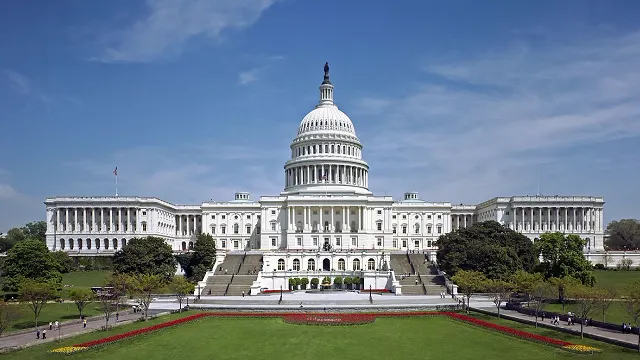
There are many proponents of Universal Basic Income who believe that it is a way to improve the social safety net while reducing the cost to administer the program.
We all know that there is a great deal that goes into the social programs most countries offer. There is usually a lengthy process that one has to go through to qualify. After that, it is common for that person to be monitored to ensure he or she is adhering to the rules.
All this requires personnel. That comes at a cost. While few countries ever break this down, it is probably safe to presume it is not cheap.
One aspect about Universal Basic Income is the simplicity of it. When you have something that everyone gets, from a government perspective, it is easy to implement. After that, there is very little to do from a government standpoint. All monitoring of the recipients vanishes. Re-evaluation and interviews to continue the benefits are no more.
Another situation that is present under most systems is fraud and waste. Many sign up for benefits that they are not eligible for. Accusations of "gaming" the system are commonplace. Occasionally you do see someone prosecuted for this behavior but it is rare.
All of this is taken care of with Universal Basic Income. The costs savings would help to offset the cost of the overall program. Also, this is one instance where the size of the government could actually go down. The jobs that handling the administering of these programs would instantly not be needed. This is true at all levels of government. In the United States, there are both Federal and State employees employed to handle this.
Programs such as food stamps, Social Security disability, unemployment, and Section 8 housing (in the US) would be slashed. As for the people who were let go, they have the basic income to fall back upon.
Dealing with government numbers can often be difficult. Estimates tend to be all over the place what something like UBI would cost to implement and how much would be offset by eliminating other services. There likely would be a fight if the elimination of employees was attempted. To truly evaluate the situation, from a government funded perspective, this most likely would have to be a part of it.
Government is known for being bureaucratic, redundant, and inefficient. The size of some of these departments is enormous. The cost saving in energy alone by closing the offices down and selling the building could be tremendous. Toss in sick time, vacation, pensions, and the host of other benefits that are often paid and we can see how the net price tag might not be as bad as it first appears.
Many believe less government is better government.
What are your thoughts? Could UBI a way to cut government waste?
To get your weekly manna distribution, go to https://www.mannbase.com.